By Jessie Todd Johnson
MSNHA graduate assistant
Colbert is a well-known name in northwestern Alabama — for most people, “Colbert County” is the obvious connection — but how much do know about him?
To be completely transparent, I knew next to nothing — even nothing – about him until this past semester when I took a seminar on the history of the Tennessee River. I grew up in central Alabama and Colbert did not come up during my Alabama or US history classes. But exploring Colbert’s past has given me another layer of history to enjoy & a deeper connection to the Shoals, my new home.
 He was born in 1764 to a Scotsman, James Logan Colbert, and a Chickasaw woman, Minta Hoye.[1] Logan had four more sons with Hoye and other Chickasaw women: William, Levi, Samuel & James. These men, as did George, became prominent in the Chickasaw Nation. All the brothers were influential in tribal politics; George & Levi even represented the tribe numerous times when meeting with the federal government. Colbert & his brothers were also successful in their respective businesses. Colbert ran an inn and a plantation of enslaved laborers at different spots along the Natchez Trace plus a ferry that crossed the Tennessee River.[2]
He was born in 1764 to a Scotsman, James Logan Colbert, and a Chickasaw woman, Minta Hoye.[1] Logan had four more sons with Hoye and other Chickasaw women: William, Levi, Samuel & James. These men, as did George, became prominent in the Chickasaw Nation. All the brothers were influential in tribal politics; George & Levi even represented the tribe numerous times when meeting with the federal government. Colbert & his brothers were also successful in their respective businesses. Colbert ran an inn and a plantation of enslaved laborers at different spots along the Natchez Trace plus a ferry that crossed the Tennessee River.[2]
Colbert’s early life is harder to track. He was involved in the two major military disputes between the US & Native American tribes. The first was the Northwest Indian War. Colbert served with American troops in present-day Ohio.[3] During the war, the US and its native allies, the Chickasaw and Choctaw, fought Great Britain and its ally the Huron Confederacy. The war’s principal cause was American settlers encroaching on Native land north of the Ohio River. These Indigenous peoples had firearms & ammunition supplied by Great Britain, who did not want America to continue to expand & eventually share a border with the remaining British territories in North America.
The second military action in which Colbert took part was the War of 1812. Similar circumstances that started the Northwest Indian War contributed to this war — both factions joined with Indigenous peoples for their own political gain. The main appeal for Indigenous peoples to fight with the British was the supplies of firearms and ammunition, which the British used as a barrier between their remaining territories in North America and the United States.[4] The US wanted the British to fulfill the Treaty of Paris’s terms & permanently vacate its previous colonies east of the Appalachian Mountains, including forts & military holdings.[5] The Chickasaw, Cherokee, Upper Creek & Seneca tribes sided with the US while Tecumseh Confederacy (which included the Lower Creeks) allied with the British.[6] During the war, Colbert led a Chickasaw militia. Rumor alleges he also charged Andrew Jackson $75,000 to move troops & supplies across the Tennessee River on his ferry.[7] The War of 1812 did not change much for the US and Great Britain (if anything, diplomatic relations improved). However, it worsened Native Americans’ relationship with the US government.
This change between the US and Native Americans led to several land cessions, eventually culminating in the US government forcing many members of the Southeastern tribes to relocate to Oklahoma. Colbert & his brothers represented the Chickasaw several times during land negotiations, most notably with the 1806, 1816 and 1830 treaties. In 1806 Colbert and other tribal leaders ceded the first portion of Chickasaw land. But the US government did not uphold its promise that white settlers woulRdn’t move in for three years. When the US government did not act, Colbert went to the War Department to advocate for his tribe.[8] The US government also did not provide the agreed-upon financial compensation. The Chickasaw Nation was supposed to receive $20,000 and Colbert and other leaders receiving $1,000 apiece.[9]
In 1816 Andrew Jackson organized a large conference of Chickasaw, Cherokee & Creek representative (though the latter two groups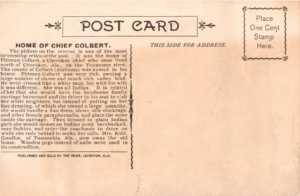 did not show).[10] The Chickasaw met with the US government alone & ceded a sizable portion of land, although Colbert’s & his brother Levi’s plantations & businesses were exempted & left intact.[11] The 1830 treaty ceded all remaining Chickasaw land to the US in exchange for land in Oklahoma.[12] Colbert was a part of the delegation that traveled to Oklahoma searching for land. He received an extra four acres for his service to the tribe.[13] A significant member of the Chickasaw Nation, Colbert was respected by his people and the US government. His position allowed him to advocate for the Chickasaw while benefiting personally from the land cessions.
did not show).[10] The Chickasaw met with the US government alone & ceded a sizable portion of land, although Colbert’s & his brother Levi’s plantations & businesses were exempted & left intact.[11] The 1830 treaty ceded all remaining Chickasaw land to the US in exchange for land in Oklahoma.[12] Colbert was a part of the delegation that traveled to Oklahoma searching for land. He received an extra four acres for his service to the tribe.[13] A significant member of the Chickasaw Nation, Colbert was respected by his people and the US government. His position allowed him to advocate for the Chickasaw while benefiting personally from the land cessions.
Colbert went to Oklahoma with the Chickasaw Nation in 1838. He briefly moved with his family to a homestead run by 150 enslaved people & died in Oklahoma on Nov. 7, 1839.[14] His impact in northwestern Alabama lingers today. George & Levi are the namesakes for Colbert County and a Daughters of the American Revolution chapter in Tuscumbia.
Bibliography
1805 First Chickasaw Land Cession, photograph, The Chickasaw Nation, April 6, 2022.
Barske, Carolyn, Kristen Tippett Briggs, Ashley Pentecost, and Jesse Brock. Exploring the American Indian Side of the Story: The War of 1812.
Braden, Guy B. “The Colberts and the Chickasaw Nation.” Tennessee Historical Quarterly 17,
- 3 (1958): 222-249. https://www.jstor.org/stable/42621386.
Calborne, Thomas A. “A Treaty.” The Impartial Review and Cumberland Repository. Nashville,
TN, March 22, 1806. https://www.newspapers.com/image/584934389/?terms=%22George%20Colbert%22%20&match=1.
Gibson, Morgan A. The Chickasaws. Norman: The University of Oklahoma Press, 1971.
Pate, James P. “Colbert, George (ca. 1764-1839).” The Encyclopedia of Oklahoma History and
Culture. Oklahoma Historical Society, April 6, 2023. https://www.okhistory.org/publications/enc/entry?entry=CO017.
[1] Carolyn Barske, Kristen Tippett Briggs, Ashley Pentecost, and Jesse Brock, Exploring the American Indian Side of the Story: The War of 1812, 10.
[2] Barske, Briggs, Pentecost, and Brock, 10.
[3] Barske, Briggs, Pentecost, and Brock, 10.
[4] Barske, Briggs, Pentecost, and Brock, 4.
[5] Barske, Briggs, Pentecost, and Brock, 4.
[6] Barske, Briggs, Pentecost, and Brock, 4.
[7] Barske, Briggs, Pentecost, and Brock, 10.
[8] Guy B. Braden, “The Colberts and the Chickasaw Nation,” Tennessee Historical Quarterly 17, no. 3 (1958): 240.
[9] Thomas A. Calborne, “A Treaty,” The Impartial Review and Cumberland Repository (Nashville, TN), Mar 22, 1806.
[10] Braden, 243.
[11] Braden, 244.
[12] Braden, 322-323.
[13] Morgan A. Gibson, The Chickasaws, (Norman: The University of Oklahoma Press, 1971), 192.
[14] James P. Pate, “Colbert, George (ca. 1764-1839),” The Encyclopedia of Oklahoma History and Culture, Oklahoma Historical Society, April 6, 2023, https://www.okhistory.org/publications/enc/entry?entry=CO017.
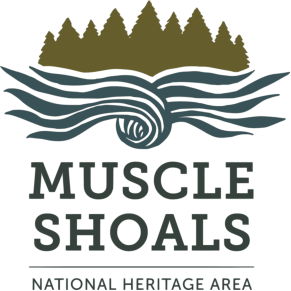
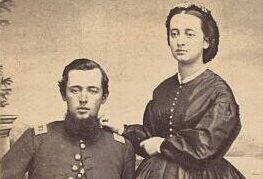

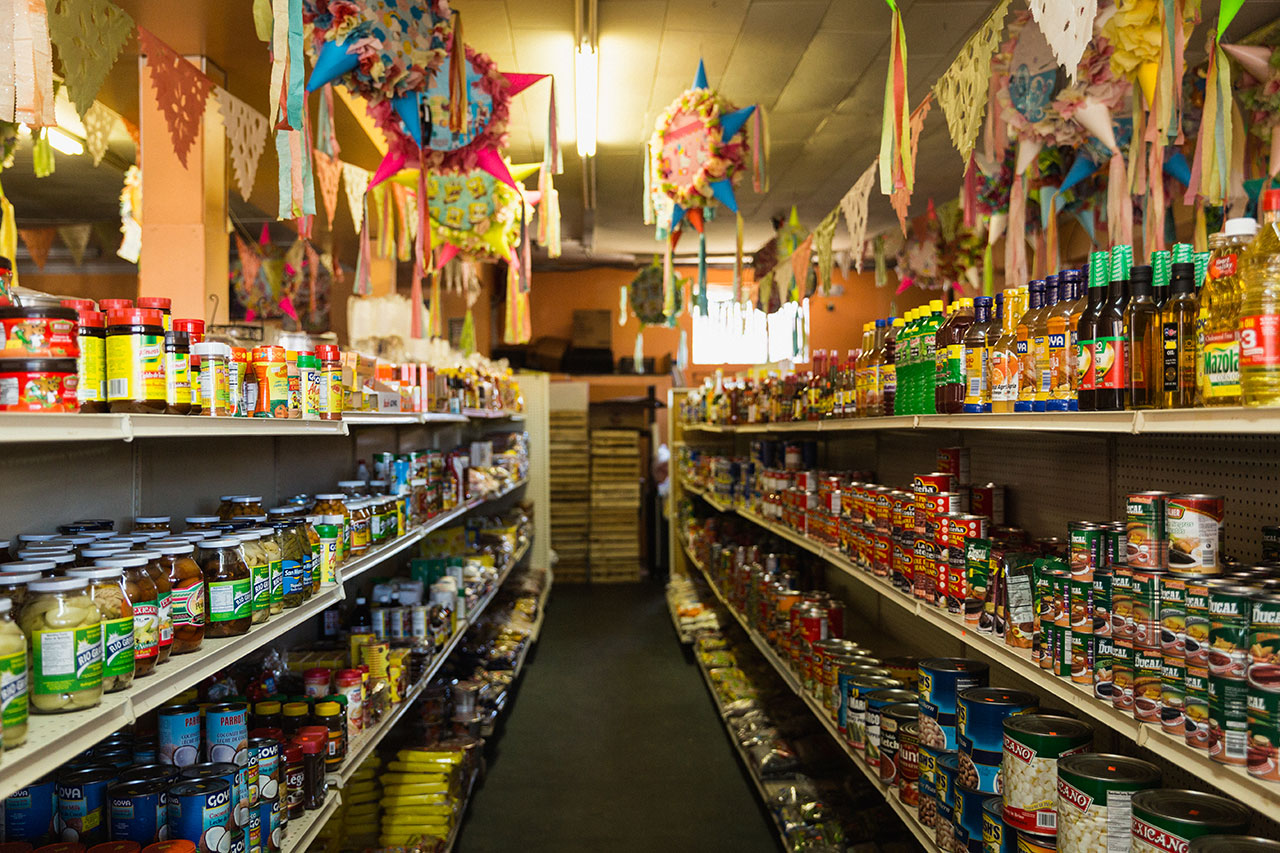

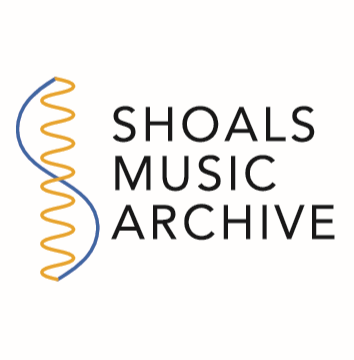
5 Responses
I would love to know more about his genealogy, especially his mother’s side. I have Cherokee on my mother’s side and am curious if I have Chickasaw on my father’s side, and how Minta got the last name Hoye
Excellent research!
Levi Colbert was my great, great, great great grandfather. I am proud to have him in my hertiage.
George was like 5 greats grandpas back. so we are related. hey fam.
George Tootemastubbe Colbert is my 7th great grandfather his wife Sa-Li—Tsi Saleechie Doublehead there daughter Hettie Levicey Colbert and William Randon Billy Hollinger are my 6th Jefferson “Jeff” Hollinger and Sarah Stewart are my 5th Mary “Polly “ Van Hollinger (Stewart) and John Daniel Payne are my 4th Minerva Payne and John Daniel Taylor are my 3rd John Daniel Taylor Jr and Frances “Fanny” Emma Pipkins are my 2nd Ernest Jackson Taylor and Francis Louise Taylor are my great grandparents Ann Taylor Pate and James Mallory Pate are my grandparents